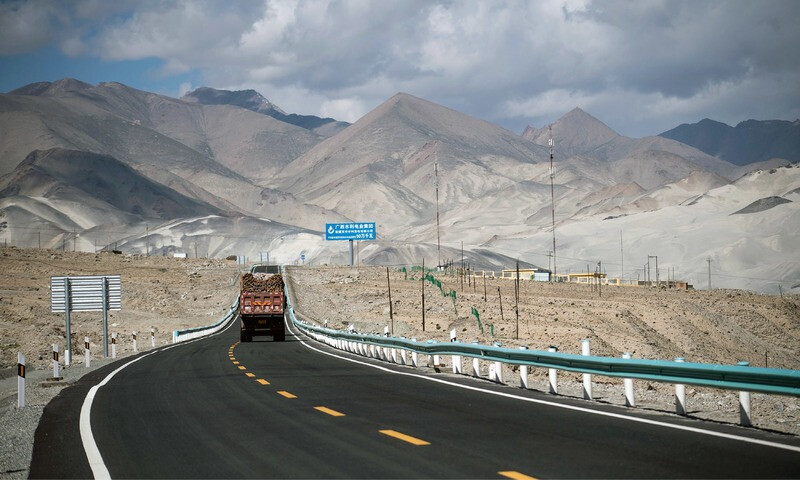
Tashkent, Uzbekistan – In a significant stride towards deepening regional economic integration, Uzbekistan and Pakistan are accelerating their strategic partnership, setting an ambitious goal to elevate bilateral trade to $2 billion within the next four years. This comes on the heels of Prime Minister Shehbaz Sharif's official visit to Tashkent in late February 2025, where both nations reaffirmed their commitment to strengthening economic ties.
The relationship between Uzbekistan and Pakistan has witnessed a remarkable transformation over the past eight years, culminating in the 2021 Joint Declaration on Strategic Partnership. This declaration has paved the way for a series of agreements encompassing diplomatic, defense, and economic cooperation, with a particular focus on boosting trade and investment.
"Our strategic partnership is built on mutual respect and a shared vision for regional prosperity," stated a high-ranking Uzbek official during a recent press briefing. "The significant growth in trade reflects our determination to unlock the vast economic potential of our two nations."
Data from Uzbekistan's statistics agency underscores this progress. Bilateral trade has surged elevenfold between 2017 and 2024, rising from $36.2 million to $403.9 million, with the number of joint ventures reaching 130. Uzbekistan’s exports to Pakistan have seen an extraordinary 29.5-fold increase, reaching $298.9 million, while imports from Pakistan have quadrupled to $104.9 million. Despite this impressive growth, the current trade volume represents only 0.6 percent of Uzbekistan's total foreign trade, highlighting the significant potential for further expansion.
Key initiatives driving this growth include the Preferential Trade Treaty, aimed at expanding the range of traded goods, and the simplification of customs and phytosanitary procedures. The integration of electronic trading platforms and enhanced interbank settlements are also crucial components of the agreed roadmap.
"We are committed to removing the barriers that hinder trade and investment," emphasized a Pakistani trade delegate. "By streamlining procedures and improving connectivity, we can create a more conducive environment for businesses in both countries."
The focus on diversifying trade across multiple sectors is another critical aspect of the partnership. Pharmaceuticals, agriculture, farming machinery, textiles, leather goods, geology, energy, and mining have been identified as key areas for growth. Both nations are keen to export processed products to external markets and are actively pursuing economic diversification.
However, logistical challenges and high transportation costs remain significant hurdles. Recognizing this, Uzbekistan has taken a proactive role in promoting regional connectivity. The unanimous adoption of the U.N. General Assembly resolution on strengthening interconnectivity between Central and South Asia, co-authored by Pakistan and other Central Asian countries, underscores the importance of developing efficient transport and transit corridors.
The planned construction of the Termez-Mazar-i-Sharif-Kabul-Peshawar railway, a transformative project, is expected to significantly reduce transportation times and costs, facilitating smoother trade flows. This railway is anticipated to become a vital link connecting Central and South Asia.
Furthermore, both nations are exploring opportunities for joint investments in special economic zones, aiming to attract foreign direct investment and promote industrial development.
"The strategic partnership between Uzbekistan and Pakistan is not just about increasing trade volumes," noted an economic analyst. "It's about fostering sustainable economic growth, creating jobs, and improving the lives of our people."
As Uzbekistan and Pakistan continue to strengthen their ties, the ambitious goal of achieving $2 billion in trade by 2029 appears increasingly attainable, marking a new era of economic cooperation in the region.
[Copyright (c) Global Economic Times. All Rights Reserved.]





























